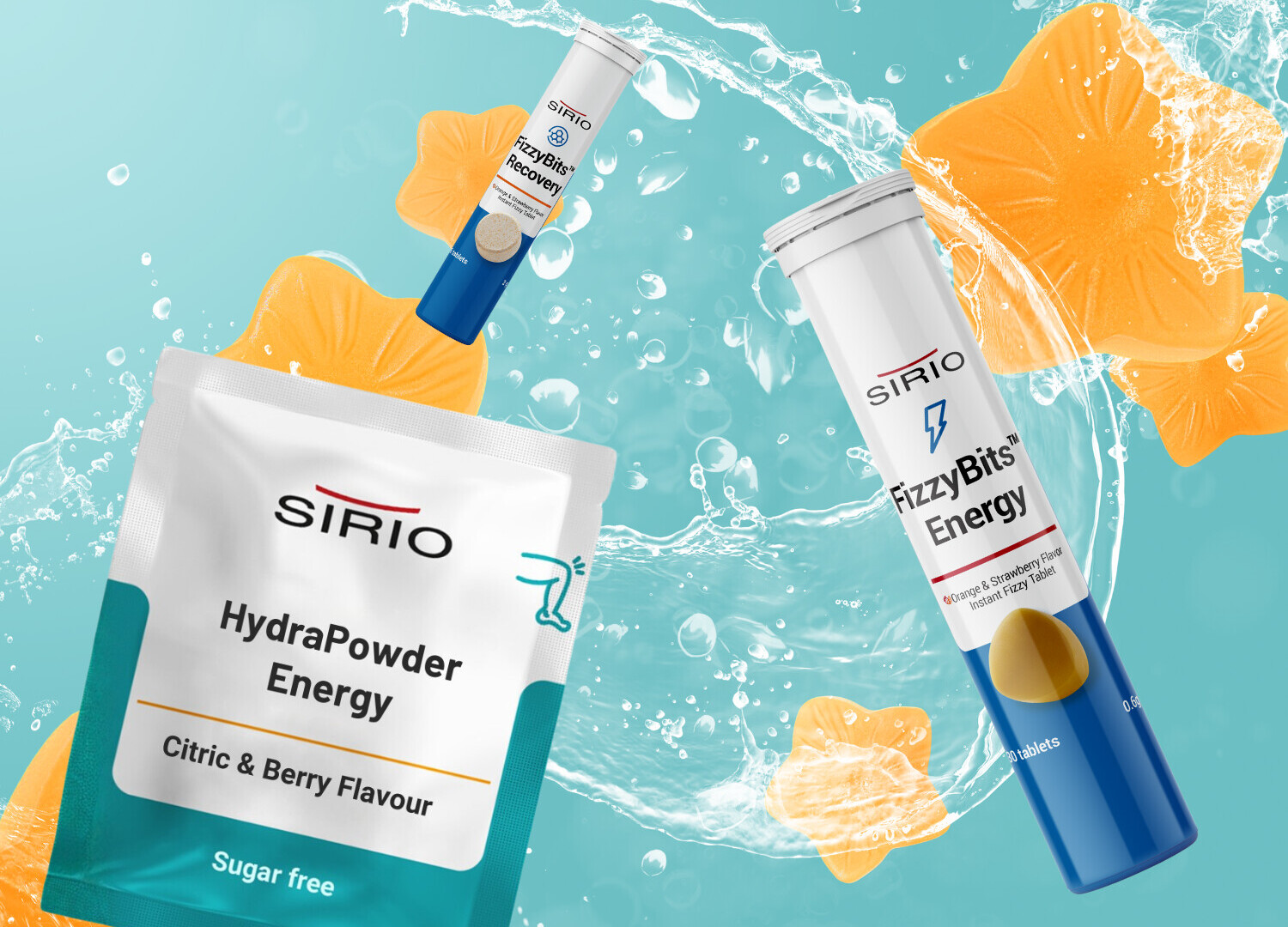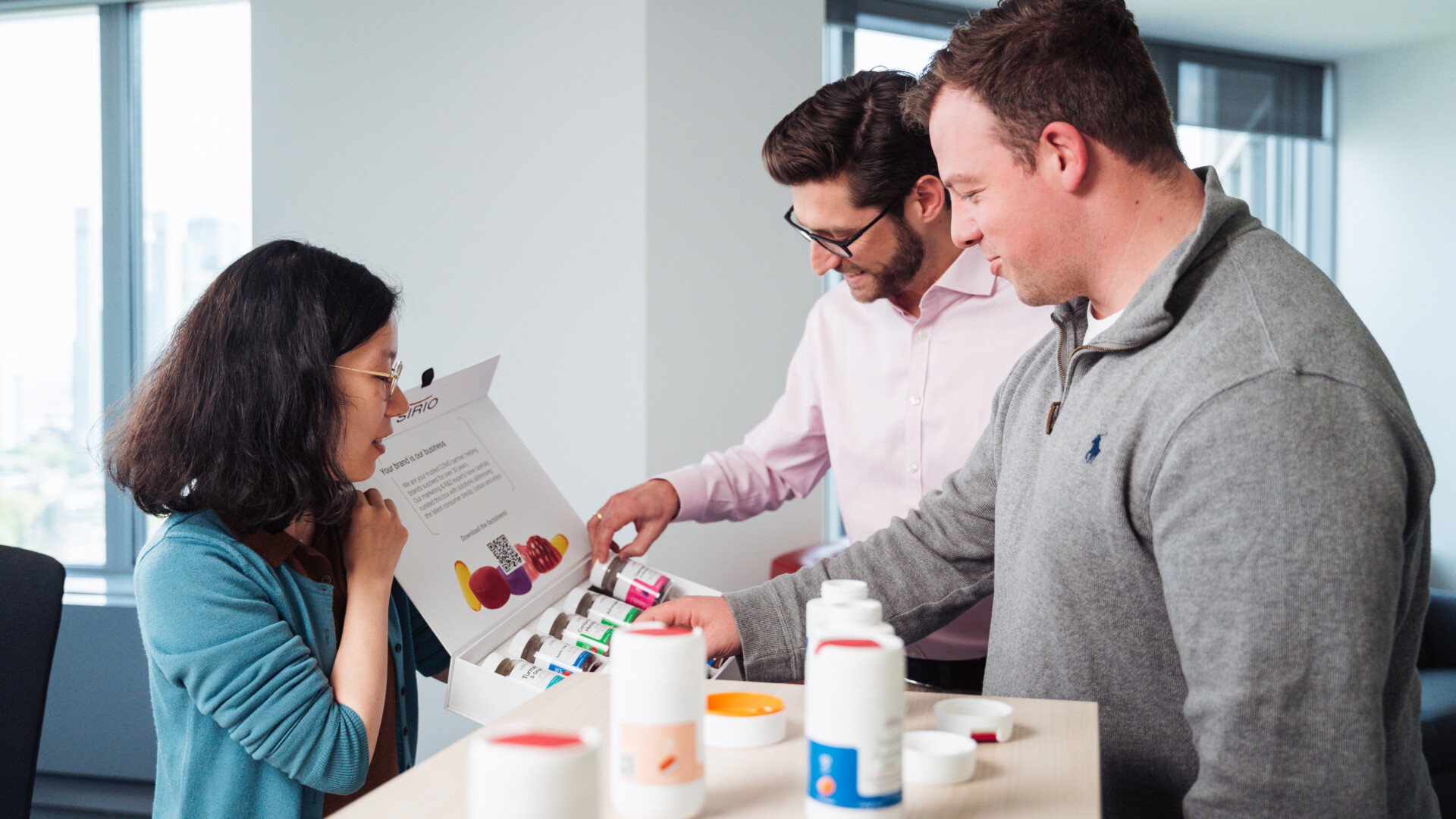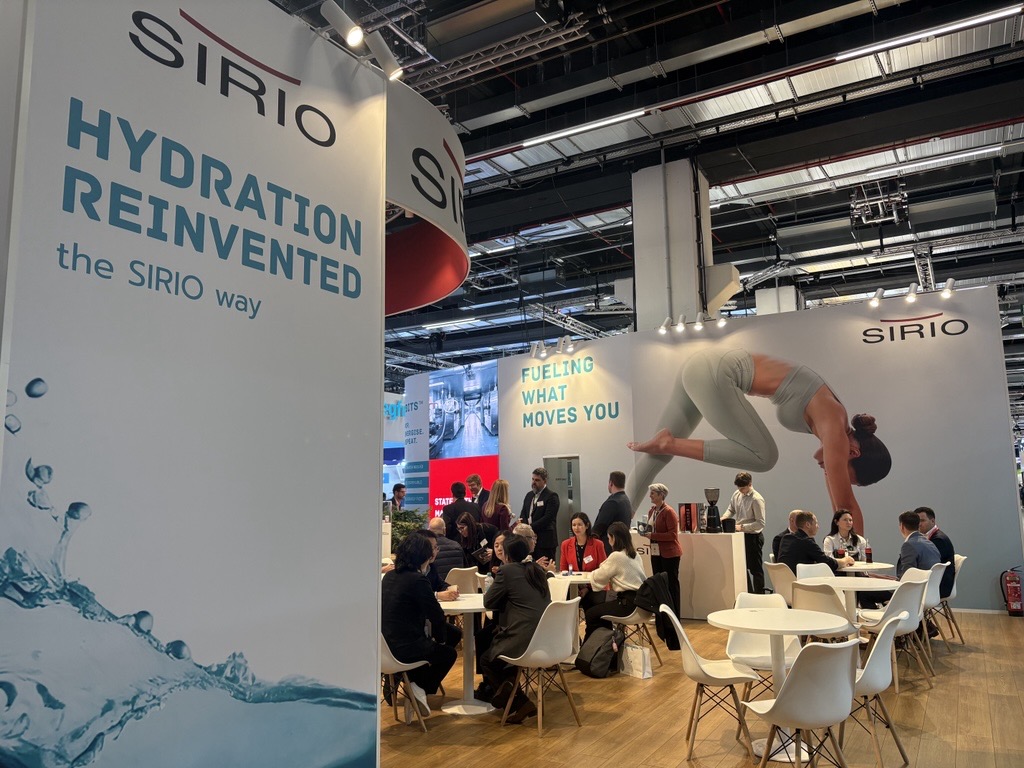
CSR is our commitment to society not a consumer trend
The term ‘sustainability’ has become a real buzzword over the last decade. A significant number of stories related to the environmental impact of unsustainable development and operations can often be found in today’s news. These cover everything from sourcing of commodities, namely non-renewable energy resources and animal products, and as well the ever-rising carbon dioxide levels in the atmosphere, a key contributor to global warming. As such, the consumer has become increasingly aware of the environmental damage occurring globally – including that induced by large-scale operations from international corporations and businesses – and are in turn feeling a heightened sense of personal responsibility. Subsequently, consumers are now becoming more environmentally conscious of both the products that they buy and the companies that they are buying from.
This is no different for consumers of nutraceuticals, where there is a clear demand for sustainable products coming from the bottom-up. Many are now looking to exclusively purchase products that align with their own personal values, making sure that they are doing ‘their bit’ to help the environment, buying from businesses that demonstrate clear environmental ethics and values. It is now commonplace for consumers to search the packaging of their food supplements for certificates and labels that validate the brand’s commitment to sustainability, with regards to both the product’s ingredients and packaging. Those that are more passionate may even research the company further to try and find their commitments to sustainable and eco-efficient manufacturing. In fact, a recent market research report found sustainability and recycling to be a leading trend in food and beverage packaging, indicating that consumer expectations on sustainability have never been higher*. So even from a business point of view, there is definitely a driver there for nutraceutical manufacturers to develop sustainable products and demonstrate their commitment to improving sustainability across all operations.
There are a number of ways in which nutraceutical CDMOs can become more sustainable, but arguably the most important are by using sustainably sourced ingredients, and through actively trying improve the efficiency of their manufacturing to reduce their environmental footprint.
Manufacturers should already be looking to source ingredients from sustainable suppliers if they are not already, enabling them to manufacture ‘organic’ nutraceutical products, meaning that they are made with ingredients that are GMO-free, non-radiated, traceable and sustainably sourced. Oils – such as those sourced from fish, krill and vegetables – are commonly used in nutraceutical products, each with their own unique health benefits. Manufacturers need to ensure that their ingredients suppliers, such as fisheries, are committed to enforcing best environmental practices, including maintaining a high level of biodiversity, preserving natural resources, and abiding by high animal welfare standards in their farming and agricultural methods. This can be easily determined by checking for certifications awarded by renowned organisations, such as the World Sustainability Organisation, who award certifications for sustainable fishing and aquaculture, as well as farming and agriculture. At Sirio Europe we invest heavily in making sure that we follow strict guidelines to qualify for an abundance of sustainability certifications. This includes making sure that we select qualified suppliers – most notably for ingredients and packaging – and that we regularly re-qualify our partners to ensure that sustainability standards are adhered to.
With regards to manufacturing, sustainability should always be front and centre when CDMOs are investing in new facilities, machinery and technologies. Companies should be continuously looking at ways in which they can reduce waste and streamline processes, whilst implementing effective recycling and remanufacturing initiatives. This is one of the primary goals of the ‘Industry 4.0’ revolution, utilising new ground-breaking technologies such as artificial intelligence and the Internet of Things to improve the efficiency of operations.
We recently upgraded our facility in Brandenburg with new HVAC systems and individual drying chambers, as well have installed new vegetarian softgel manufacturing equipment. Collectively, the upgrades have significantly increased our production capacity, and we are now able to capitalise on the sustained demand in Europe for plant-based products, driven by the more ethically conscious consumers. But these additions require more energy to power than their predecessors. Subsequently, we have also installed a new block heat and power plant to power these additions – this utilises combined heat and power (CHP) to achieve greater energy efficiency. The block heat captures heat generated by electricity generation – which would otherwise be wasted – and converts it into useful thermal energy, which is used in many manufacturing operations such as softgel drying. There will be long-term financial benefits to be gained from this as it reduces energy and manufacturing costs, but more importantly we will be reducing our carbon footprint by using less gas to generate the amount of energy required to power the plant.
Improving consumer health is ultimately the core value of all nutraceutical CDMOs – but this isn’t to say that it is the only value. It is also the responsibility of manufacturers to help build towards a more sustainable future by minimising their environmental impact. Manufacturers should best maintain the highest of sustainability standards throughout their supply chains, namely ingredients and packaging suppliers, and as well continuously strive towards improving the efficiency of their manufacturing operations, in turn trying to reduce their carbon footprint. Of course, those that do this will be able to capitalise on the ever-growing consumer demand for more sustainable products, but it is crucial that the nutraceutical industry does not whittle down sustainability to a mere market trend – rather, it should be at the centre of every company’s ethos and sought to be continuously improved upon.
*https://www.nutraceuticalsworld.com/contents/view_breaking-news/2020-06-10/sustainability-with-successful-communication-tops-packaging-trends/
Related articles

Get to Know FizzyBits™ and HydraPowder Energy & Recovery

2025 in Trends: What Worked, What Sold, and What’s Next for Supplement Brands

SIRIO Awarded EcoVadis Silver Rating for Dual Industrial Parks Ranking Among Global Top 15%

CPHI 2025: 4 Key Trends Shaping the Nutraceutical Landscape

Talking, tasting, innovating: SIRIO shares behind-the-scenes highlights from its innovation summit
